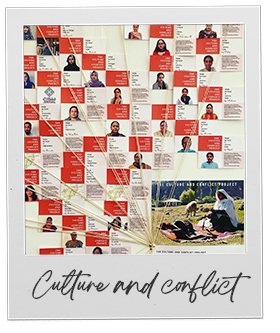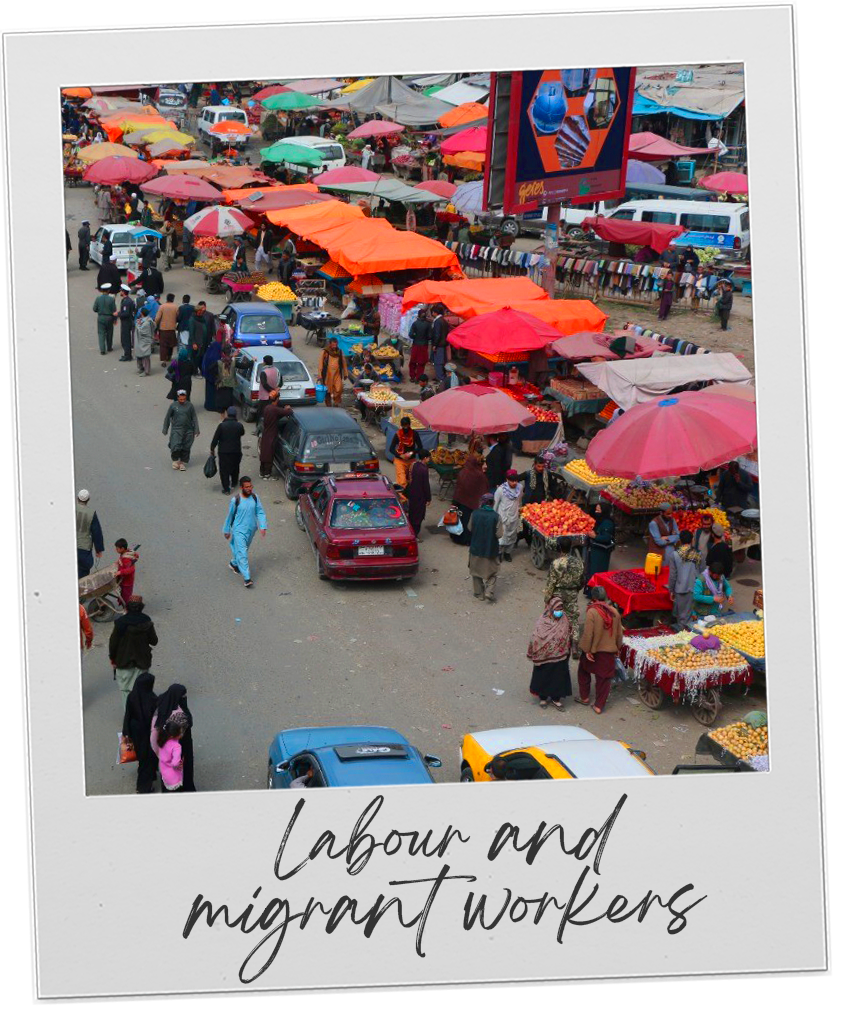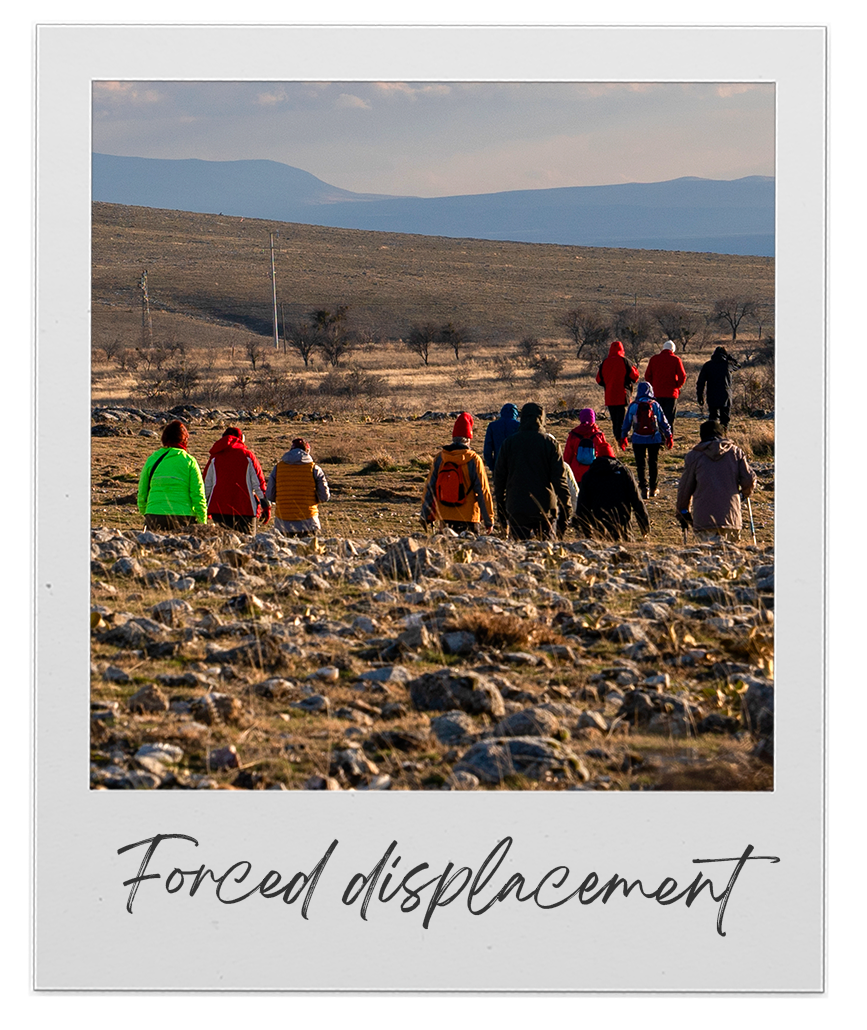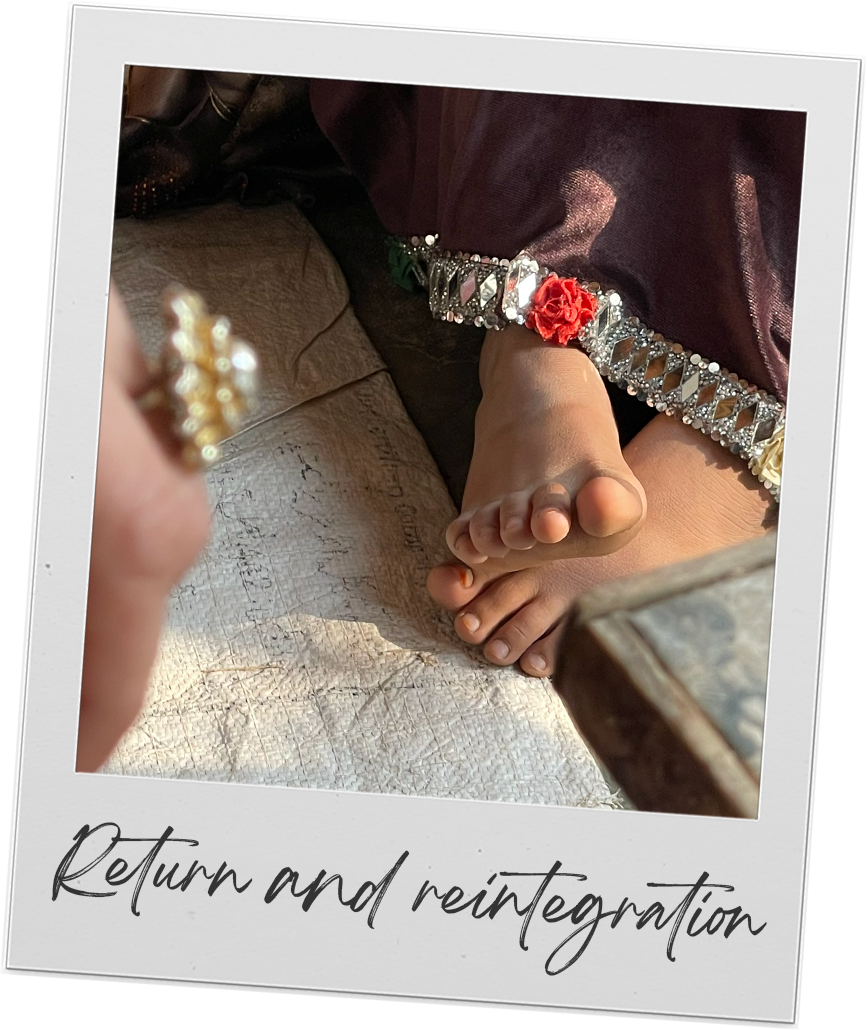Themes
This research investigates the value of culture to women in conflict settings. It explores gendered economic exclusion and its relationship to peacebuilding, economic agency and empowerment. It uses a cultural mapping methodology to explore how communities of women across different conflict contexts rely on coded and tacit knowledge to rebuild their lives and to understand how cultural practices continue to exist and resist in these challenging contexts.
While migration remains a key issue globally, relatively little work has been done on gender and migration in the Global South, and what has been done has largely focussed on domestic and care work. This research advances a gender-sensitive understanding of the interaction between economic and socio-cultural drivers of labour migration and the experiences of work and living in different cities
This research investigates the value of culture to women in conflict settings. It explores gendered economic exclusion and its relationship to peacebuilding, economic agency and empowerment. It uses a cultural mapping methodology to explore how communities of women across different conflict contexts rely on coded and tacit knowledge to rebuild their lives and to understand how cultural practices continue to exist and resist in these challenging contexts.
Research on return migration has mainly covered return to political and economically stable countries. The literature usually focusses on economic reasons for return. Much less is known about the gendered experience of return migration to conflict-affected contexts, and how this relates to development, gender equality, justice and peace. This research explores and analyses the gender experiences of returnees (forced and voluntary). It reviews return policies to understand the possibilities, challenges and obstacles for returnees in the process of participating in re-construction.



